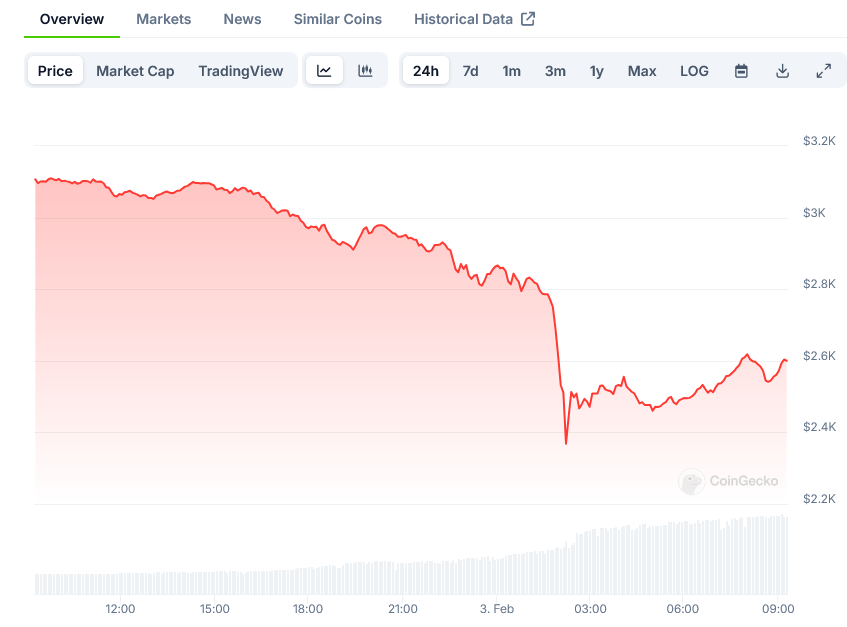IRS Introduces DeFi Tax Rules as Crypto Industry Fights Back

The U.S. Treasury and IRS finalized rules on Dec. 27 that will require decentralized finance (DeFi) services to report new data related to crypto activity.
DeFi brokers, defined by the Treasury as front-end service providers that interact directly with customers on digital asset transactions, will need to report gross proceeds of the sale of their digital assets through Form 1099.
The same requirements already apply to securities brokerages and custodial crypto trading platforms. Operators of digital protocols and protocol software developers aren’t considered brokers under the rules, according to the Treasury.
The requirements nevertheless apply to a wide variety of platform operators: Forbes explained that several DeFi front-end operators will need to comply, including operators of certain websites, browser extensions, and unhosted wallets.
Aside from reporting proceeds for transactions that take place after Jan. 1, 2027, Forbes noted that DeFi operators must track transactions and collect information about user identities through Know-Your-Customer (KYC) measures.
The new rules do not add reporting requirements for individuals, who already need to report their crypto gains. However, DeFi users should eventually receive Form 1099, clarifying what they need to report on their tax return.
Crypto Industry Is Challenging Rules
The Blockchain Association and other industry groups have filed a joint lawsuit that aims to prove that the rules are unlawful and unconstitutional.
The lawsuit argues that the rules include DeFi entities that do not conduct crypto transactions but instead allow users to transact with one another.
That lack of involvement makes it impossible for DeFi entities to comply with the rules in their current form, according to the lawsuit. Any attempts to comply would involve introducing intermediaries, which would undermine DeFi’s non-broker, direct-to-user framework. Furthermore, attempting to comply would be cost-prohibitive, causing many entities to close or move to another country.
In a related statement, The Blockchain Association mentioned that the requirements could impact end users, warning that the rules are an “infringement on the privacy rights of individuals using decentralized technology.”
Elsewhere, Bill Hughes, Senior Counsel at Consensys, argued that the rules could apply beyond the most popular cryptocurrencies. He asserted that the rules apply to “every single asset” including non-fungible tokens (NFTs) and stablecoins, which are “all cost and no benefit” in terms of revenue.
Republican senator Cynthia Lummis, meanwhile, implied that the transition to the Trump administration on Jan. 20 could see the rule dismissed. However, Trump’s team has apparently not commented on the matter as of late December.





























